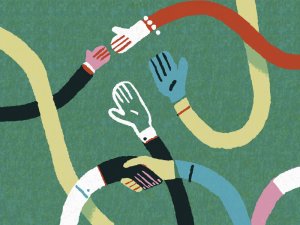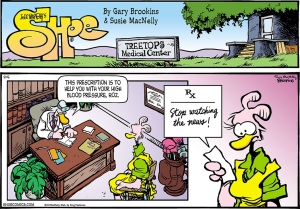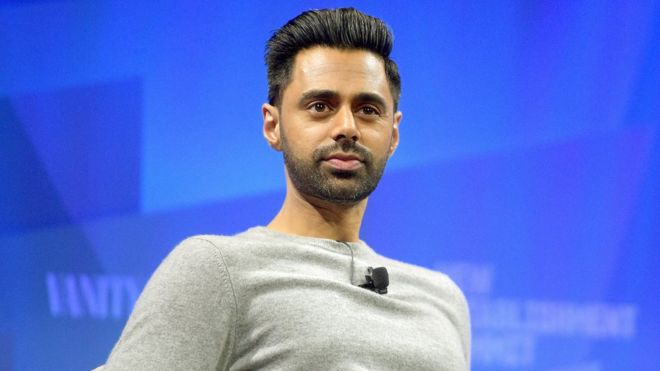Money and profits, over the long-term, are the result of providing value and benefit to individuals, organizations and communities. Fortune 500 companies change often because, according to many experts, quarterly returns, rather than valuable service or product delivery becomes their focus. This even happen to Toyota when they focused more on becoming the “biggest” auto maker rather than the “best”.
Money follows, it cannot lead.
The “Best” following Toyotas work with Dr. Deming meant producing the highest quality automobiles. As Toyota discovered, bigger and higher profits was the lag indicator of having the highest quality. This means being the “Best” was the lead indicator and being the “Biggest” was” the lag indicator.
Processes, or our actions, are always leading indicators. Results, or products, such as satisfaction, profits, value and other outcomes are the lag indicators. As noted from research, Moral licensing is a cognitive bias that occurs when a person uses their prior “good” behavior to justify later “bad” behavior, often without explicitly using that logic. In other words, good processes do not need to be upheld because of past processes done well. The result of moral licensing is very much like risk homeostasis theory.
As I noted in Expectationism Over Engineering-Education-Enforcement “…when cars have anti-lock breaks, air bags or because drivers have additional driver training, their general response is to drive more recklessly, possibly because of overconfidence, and this behavioral compensation maintains them at their static target risk level. Risk homeostasis theory explains that people have a set level of risk they are willing to take. If they do something very safely, they take more risks in other areas. In other words, driving processes are leading indicators for lagging safety outcomes.
I was reminded of how the process determines the product while watching the Netflix’s Social Dilemma movie.
The movie made a big deal out of the fact that social media company processes are manipulating behavior to get more advertising dollars. Our behaviors have always been manipulated. Cities built green areas to get people to move to their cities, and to encourage play. Walking downtowns were built to encourage more people to go downtown. The concern with social media is its ubiquitous presence for so many people and because its primary motive is for money, rather than the common good.
Everybody is trying to manipulate behaviors. Even with our friends and family, we attempt to manipulate their actions. I also have been attempting to manipulate your behaviors with my posts. My goals have been for you to engage in Selfish, Selfless, Synergistic actions because if you do, I get to live in a better world. In other words, if you I can encourage you (selfless action) to take action to help yourself (selfish), such as walk with friends, grow your own food, develop more competence, and eat more plants – we all benefit – synergy. I get to live in a better world. #SelfishSelflessSynergy
If health promoting actions are taken, such as eating more plants, making gardens, engaging in physical activity, having fulfilling vocations, having beneficial communications with others, and learning more, the businesses that provide these products and or services become more profitable. If done right, this also means we will help generate a circular, regenerative environment that can help everyone and everything thrive.
We have a tremendous opportunity to use the wonderful social media tools available to all of us to encourage, and support the generation of comprehensive benefits by helping to create pervasive, reciprocal, selfish, selfless, synergistic interactions so everyone and everything benefits. We are all in this together so helping anyone benefits in these ways helps everyone and everything benefit. According to Robert Putnam in his new book Upswing, this is how the Great Convergence in the early part of the 20th century happened. We focused on mutualism and helping each other. The great convergence improved the common good. Please share how you use your social media accounts to improve the common good by contributing toward generating comprehensive improvements so everyone and everything benefits.
Be Well’r,
Craig Becker
Be selfish, selfless, & synergistic so everyone and everything benefits!
#SelfishSelflessSynergy
Please share your thoughts and questions below.
Contact me: BeWellr@gmail.com



















